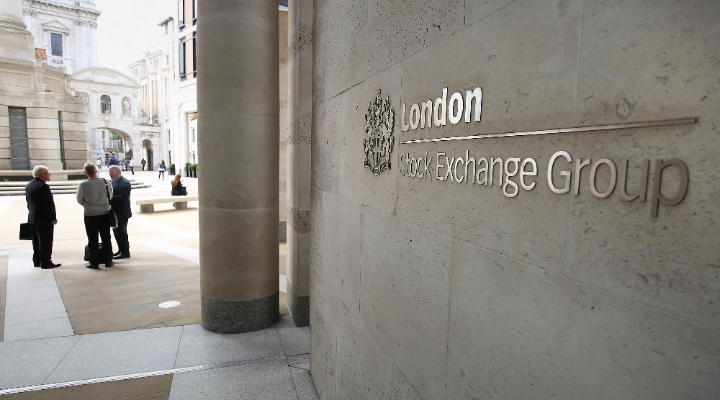Morningstar's "Perspectives" series features investment insights from third-party contributors. Here, Annabel Brodie-Smith, Director of the AIC, explains how investment companies can help with university or further education expenses.
Today, images of teenagers celebrating their A-level results will be all over the media. While their parents will no doubt be sharing the joy, those whose offspring are destined for university or further education may have more mixed emotions.
I’m not referring to empty nest syndrome – more empty wallet syndrome. Paying for a university education is a considerable investment, never mind the cost of filling the student fridge with essentials such as Carlsberg and bacon.
Our recent research on student debt revealed the lengths to which parents go to make these three or four years of study and socialising possible for their children. A quarter of parents are prepared to empty their bank account completely, while one in ten would consider selling the family home.
But parents still underestimate the cost of university. They expect student debt on graduation to be £17,965, way short of the Institute for Fiscal Studies’ estimate of £44,000. Interestingly, students themselves are more realistic anticipating a figure around £30,348.
Such large numbers can seem daunting, but if you can put away a bit each month, they start looking more manageable. For example, if you could have spared £50 a month over the past 18 years (a total of £10,800) and invested in the average investment company, you’d have nearly £28,000. So with some careful planning you can ease the burden of university costs. Of course, if you have any doubts you should take independent financial advice.
Investment companies give investors access to the long-term potential of the stock market, and are worth bearing in mind given their strong performance over a long time. If you’d put a lump sum of £1,000 into the average investment company 18 years ago, you’d now have £4,073, more than quadrupling your money.
If you’d been able to invest £1,000 each year, this would have grown to £47,334 over 18 years. When you’ve made that sort of head start on your saving, the costs of a university education don’t sound so terrifying. It’s worth noting too that some investment company providers allow monthly investments from as little as £30 a month, so even with a small budget you can make the most of your savings.
Of course, investment in the stock market is riskier than hoarding cash. But with time on your side, there is potential for higher returns.
Disclaimer
The views contained herein are those of the author(s) and not necessarily those of Morningstar. If you are interested in Morningstar featuring your content on our website, please email submissions to UKEditorial@morningstar.com





























